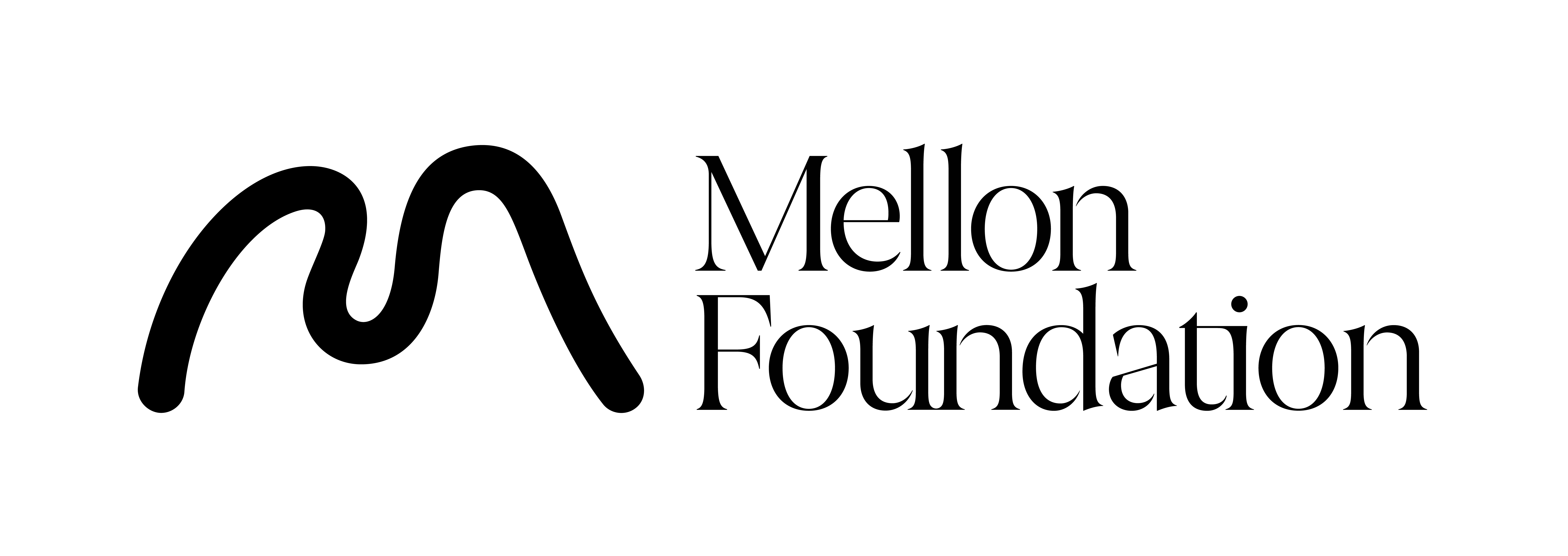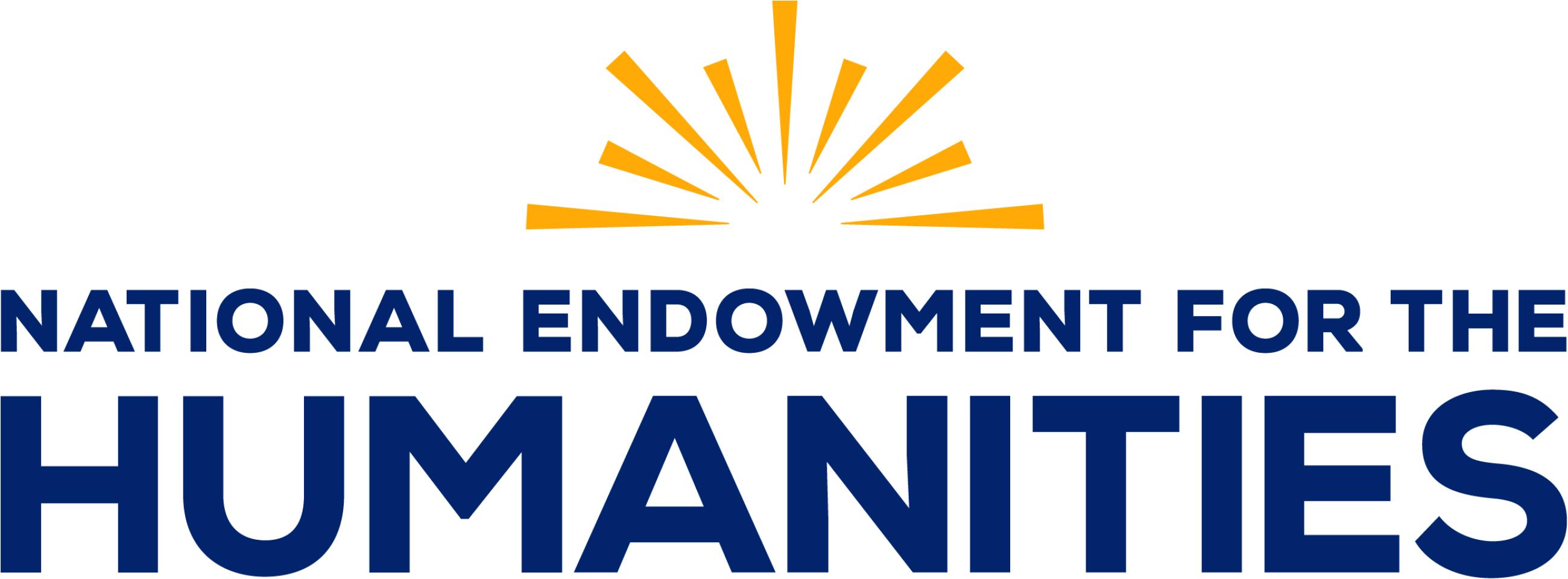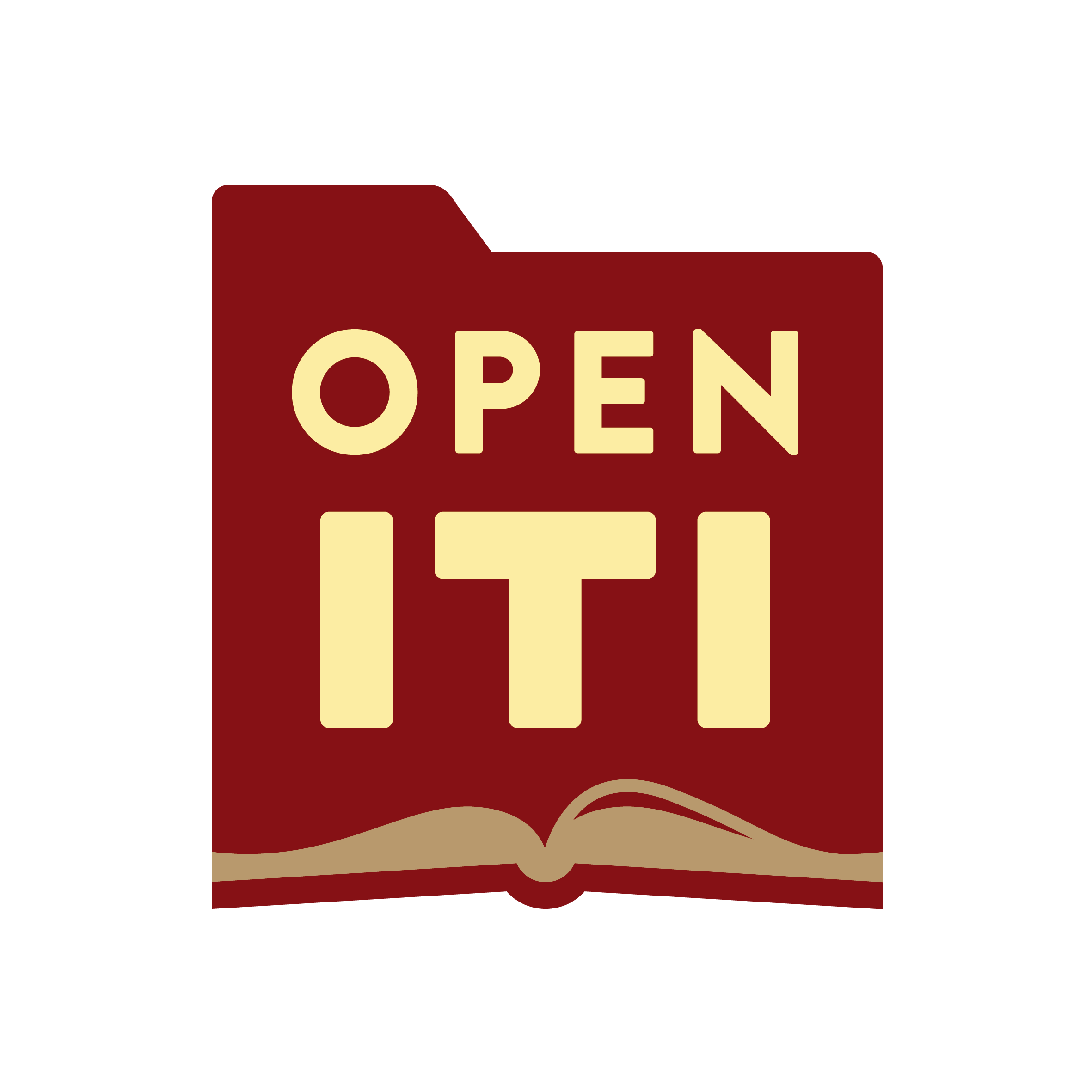Knowledge, Information Technology, and the Arabic Book (KITAB)

Funded by the European Research Council (Grant Agreement ID #772989) and led by OpenITI co-PI Professor Sarah Bowen Savant of the Aga Khan University-ISMC in London, the KITAB project leverages text reuse algorithms developed in collaboration with Dr. David Smith of Northeastern University to study Arabic book history and cultural memory. The KITAB project is working on and has supported the development and refinement of OpenITI’s digital infrastructure, corpus, and data standards. For more information on the KITAB project, please see its website.
Digital Sira Project at the Qatar National Library

The Digital Sira Project worked to create an online corpus and digital research pipeline for the Sira of Ibn Ishaq (d. 767). The Sira is an important and exemplary case within the early Arabic tradition of a dispersed text: there is no single original, complete text surviving today, but rather multiple versions, in fragmentary form, scattered within hundreds of other books from the ninth century through to early modern times. These include well-known witnesses to the text, including Ibn Hisham’s (d. 828) commentary, which only contains two of four original parts, but which is often mistakenly referred to as the Sira of Ibn Ishaq. Research questions relate, by way of example, to the manner of production, transmission, and circulation of texts from the period of Ibn Ishaq’s lifetime running to the present. The digital research pipeline relies on innovations in OCR, text reuse detection, data modeling, and data visualization. This project concluded in 2020. For more information, please visit this page.
The Evolution of Islamic Societies (c.600-1600 CE)

The Evolution of Islamic Societies (c.600-1600 CE), led by OpenITI co-Pi Professor Maxim Romanov, undertakes a study of the development of the Islamic world through a series of computational analyses of a corpus of Arabic biographical collections and chronicles. Funded by the Deutsche Forschungsgemeinschaft (Project #445975300), this project focuses on three closely connected case studies of 1) major ethnic, religious, and professional groups – and how they shaped the development of local communities and fused them into what we call the Islamic world; 2) dynastic cycles and patterns of the rise and fall of regional powers, their conflicts with rivals, and interactions with local communities; 3) environmental factors – plagues, famines, droughts, pest infestations, earthquakes, and climate change – and their effect on the life of local communities. These case studies will be the foundation for a robust synthesis of the evolution of the Islamic world over the period under study. For more information on this project, please see its website.




